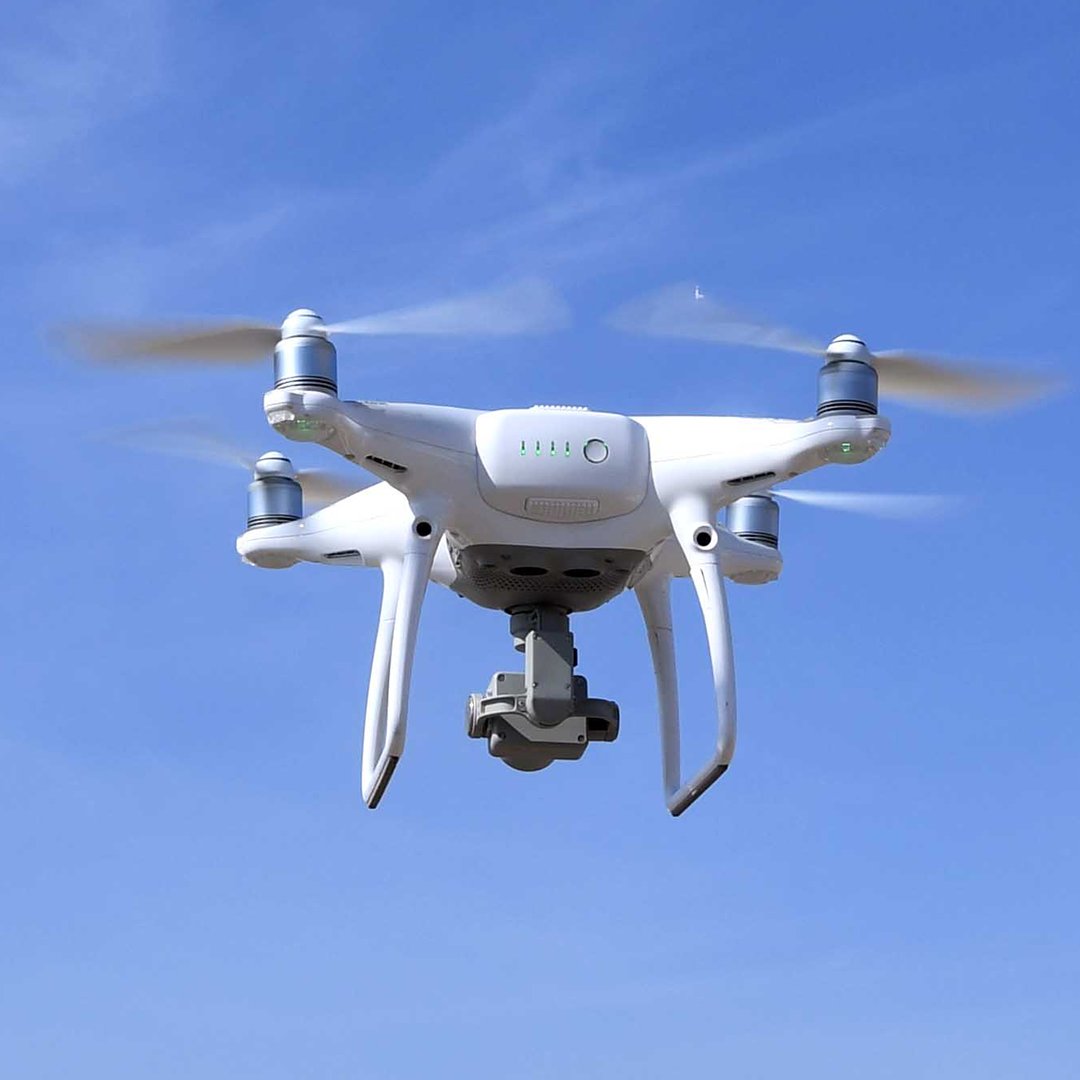Dubai’s Roads and Transport Authority (RTA) has recently held the first legal forum to review the rules and regulations governing operations for passenger transport autonomous air vehicles. This preliminary step aims to chart out suitable structures and develop rules and regulations required for the operation of this ultra-advanced mode of future transportation.
Such efforts form an integral part of plans and strategies aimed to broaden and enhance the transportation sector in Dubai and raise its global significance.
"Legislations regulating the operation of such drones are critical to maintaining the development process and envisioning the future. Enacting such laws aims to build an integrated legislative structure capable of supporting Dubai’s sustainable development, technology advancement, and the use of artificial intelligence in the infrastructure. Dubai has embarked on a new phase in the journey towards the smart city marked using artificial intelligence onboard drones," said Shehab Bu Shehab, Director of the Legal Department, Strategy and Corporate Governance Sector, RTA.
"Enacting suitable legislation for drone’s operation focuses on several key aspects. The process is extremely important as drones constitute an extremely high-risk factor to the air traffic of conventional planes if left without legislation and legal controls. Consideration is also given to the flying environment of drones, licensing conditions, operation controls, and the associated responsibilities in this field," he added.
He explained that the forum comes to explore the future of the legislative process for operating autonomous air vehicles to transport passengers, encounter the reality-posed legal challenges, find solutions and set the procedural legal rules required. This forum also comes to develop a forward-looking and flexible legislative system that simulates reality and foresight the future, through setting the legislations supporting the operational process of the air transport service for passengers and the provision of flexible legislative cover for it.
The forum discussed three main topics related to the registration procedures, operation controls and liability for damage caused by drones. In this regard, participants cited the American model and the French model. Both models provide for mandatory registration of autonomous aircrafts prior to operation.
The forum also discussed the operational obligations on the operator (pilot), controller and crew members of the autonomous aircraft. The parties must, as the case may be, adhere to the safety & security requirements as well as the aircraft operating controls and systems among other aspects.
Other topics discussed included adherence to safety rules, safety distance and property protection. When determining heights and the horizontal dimension, RTA shall give due consideration to specifying the safety distance sufficient to protect individuals, properties, civil and military aircrafts, installations, buildings and other unmanned aircrafts from a collision.


